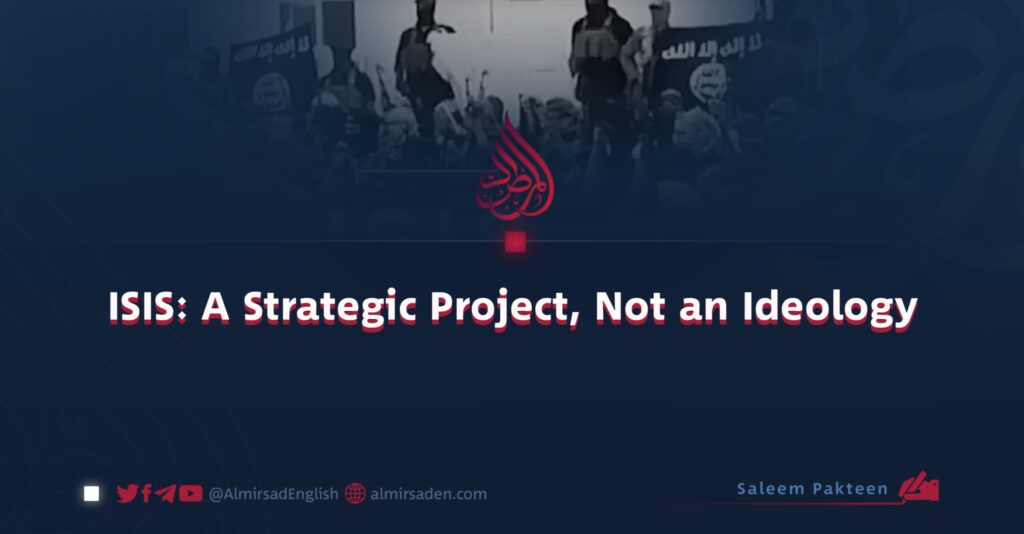Author: Saleem Pakteen
Since the dawn of humanity, there have been individuals who have endeavored to achieve religious or worldly objectives by promoting a specific ideology, with the aim of influencing others to adopt their beliefs and principles. These individuals, whether seeking material or spiritual gains, anticipate sharing these benefits with others.
Nevertheless, ISIS lacks an ideology as it was established by certain aggressive non-believing nations and serves as an anti-humanitarian project. Its primary objective is to destabilize other societies and violate their human rights, all to benefit these non-believing nations.
Multiple reasons attest to ISIS not being an ideology:
1. Every ideology, regardless of its moral standing, has identifiable founders, adherents, and a distinct way of life.
ISIS lacks individual founders, as it was established by nations. Consequently, it does not constitute an ideology but rather a project. Furthermore, it lacks a defined path or strategy for its members, leading ISIS to execute various operations in different locations.
2. Every ideology has identifiable sources and principles that guide its actions. For instance, Communism, despite being an erroneous leftist ideology, possesses its own foundations. In contrast, ISIS lacks fundamental sources for its actions. The nations backing this project devise diverse strategies, adapted to each region and era, to further their interests.
3. Typically, every ideology commences with individuals from a specific region before expanding its influence. ISIS, operating as a project rather than an ideology, lacks a definitive base or origin. The nations supporting it relocate it from one area to another based on their requirements.
